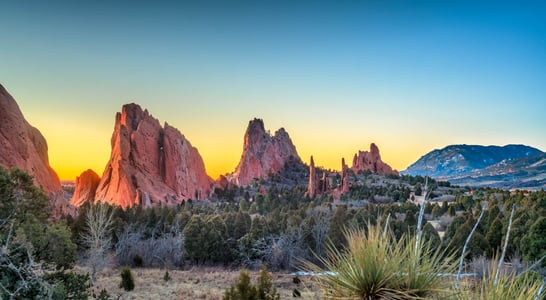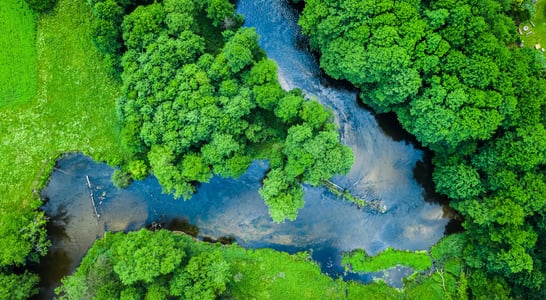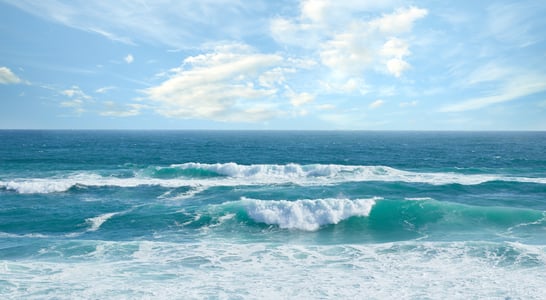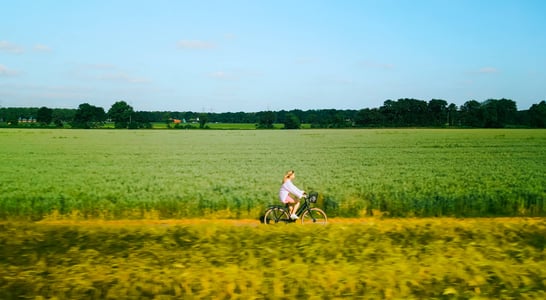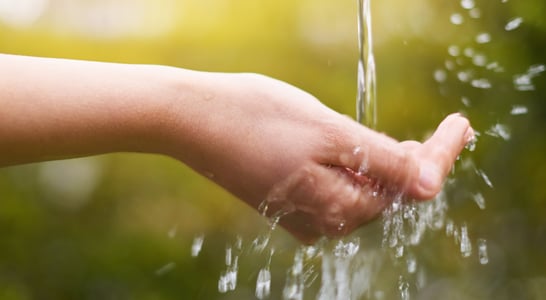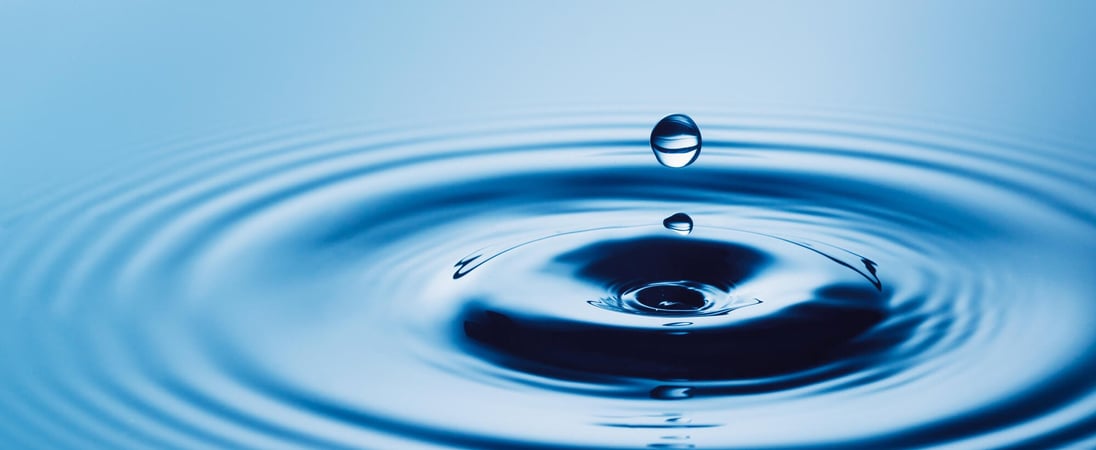
National Water Quality Month
Read up on the small ways you can keep your community’s water clean, from picking up after your pets to avoiding pesticides, certain antibacterial chemicals, etc.
Are you aware that August is National Water Quality Month? August is the time of year when many people are enjoying the last bits of summer recreational activities involving water. But these bodies of water are threatened by increasing water pollution. The Clean Water Act was passed in 1972 but most people are unaware of the little ways they can pollute their water. Water sustains all life and entire ecosystems depend on it for their survival.
National Water Quality Month reminds us to take a long, hard look at what your household and community are doing to protect sources of fresh water.
The History of National Water Quality Month
The United Nations has declared 2005-2015 an International Decade for Action “Water for Life” in order to emphasize the importance of water quality as it relates to sanitation, human rights, geography, urbanization and sustainability. Emphasizing how interlinked water systems are, the Audobon Society points to the dangers of runoff from agriculture, forestry, construction and people’s personal yards: “Each individual household may not produce enough pollution to force a beach closing or cause a fish kill, but the combined output of all the homes in a community can be severe. And, consider that about half of the U.S. population lives within 50 miles of a coastline where runoff flows quickly to the ocean.
This is why watershed protection — attention not only to the body of water but the area that drains into it — is important.”
“Each individual household may not produce enough pollution to force a beach closing or cause a fish kill, but the combined output of all the homes in a community can be severe. And, consider that about half of the U.S. population lives within 50 miles of a coastline where runoff flows quickly to the ocean. This is why watershed protection — attention not only to the body of water but the area that drains into it — is important.”
How to Celebrate National Water Quality Month
What can individuals and families can do to prevent water pollution from their homes especially during National Water Quality Month? Here’s a short list of things that you can do at home to help:
- Not using antibacterial soaps or cleaning products. Regular soap and water will do the trick. Much of the antibacterial soaps contain a registered pesticide that is known to harm marine life.
- Not flushing unwanted or out-of-date medications down the toilet or drain.
- Not putting anything but water down storm drains because they carry water to local waterways.
- Fixing leaks that drop from cars and putting liners in driveways to collect oil and other materials.
- Avoid using pesticides or chemical fertilizers.
- Choose nontoxic household products when possible.
- Pick up after pets.
- Not paving properties.
- If you have a private well make sure it is tested and cleaned regularly. There can be bacteria build up in wells.
- Read your local water quality report so you know what the water quality is in your area.
Another option could be to gather a group of family, friends, and neighbors and volunteer to clean a local water source. You could bring a picnic (and some beer for the adults) and hold a contest to see who can clean up the most trash and debris, offering a prize to the winning team.
It’s a great way to get everyone together and enjoy an outdoor day full of fun and good-doing!
Also in ...
View all holidaysNational Mountain Climbing Day
Scaling heights, conquering challenges, the crisp air, and breathtaking vistas—a symphony of nature's grandeur unfolds in ascent.
International Beer Day
Sharing laughs with friends over a refreshing, bubbly, golden pint is a classic recipe for good times and memorable moments.
Colorado Day
Nestled in the heart of the Rockies, this state offers outdoor adventures galore, from mountain hikes to scenic drives.
National Pinball Day
Get lost in the kinetic dance of lights and steel, navigating obstacles, chasing scores—a pinball symphony of thrill.


